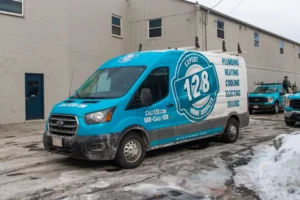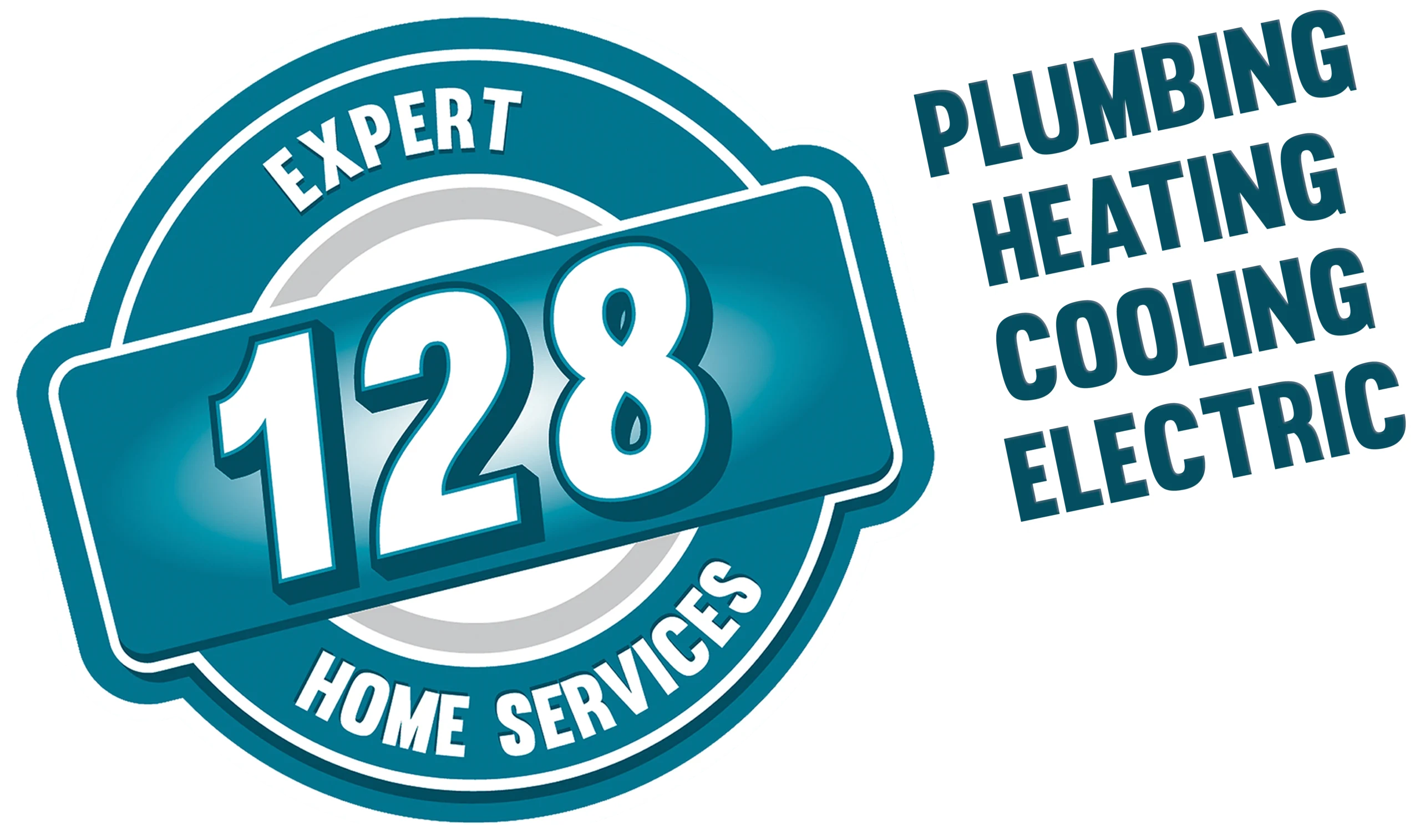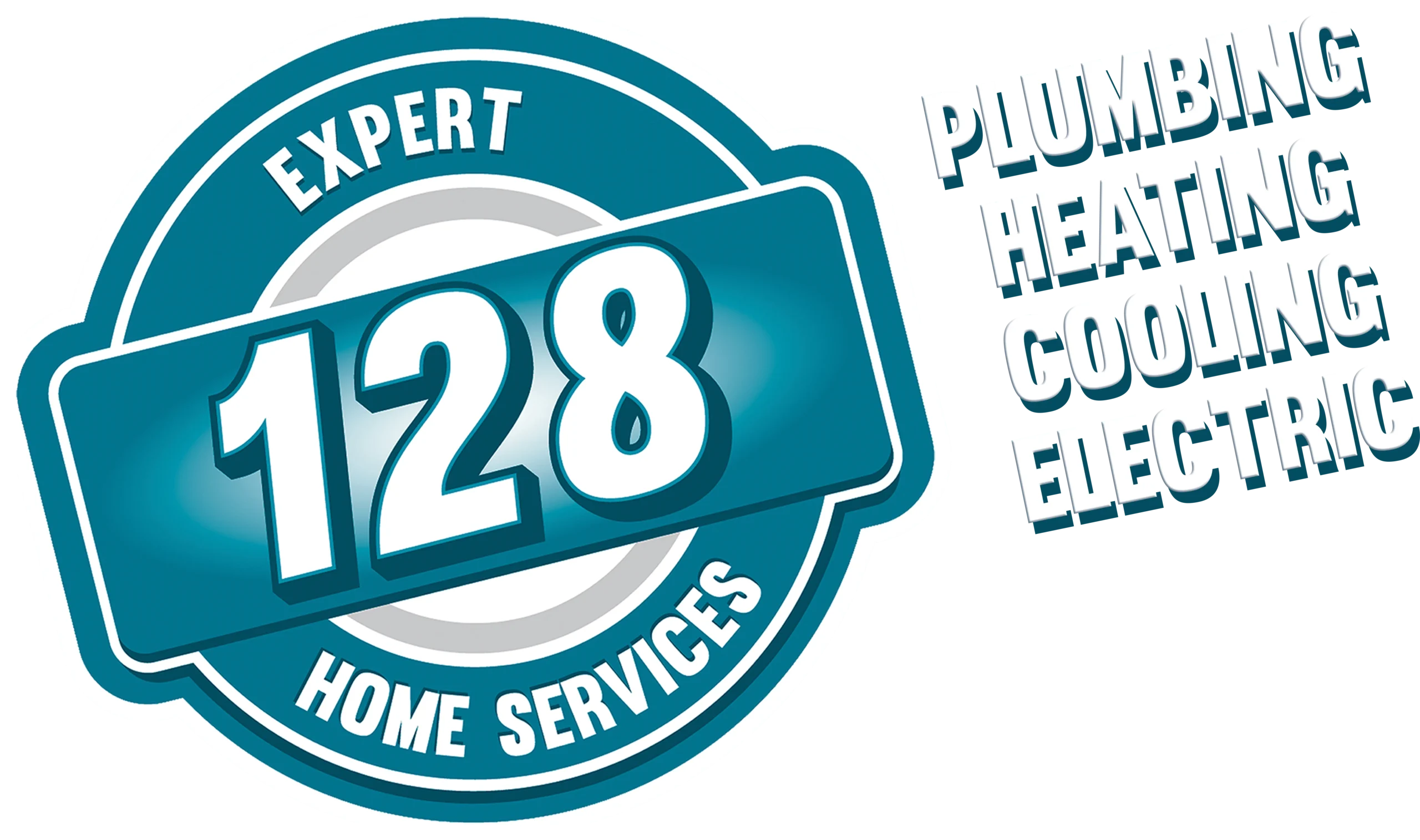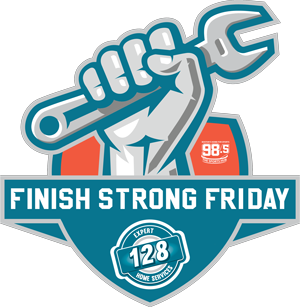
With the unpredictability of the New England weather, it’s always crucial to ensure your home’s heating system is running efficiently and safely. But what does it take to make heating systems achieve optimal performance and longevity? In this ultimate guide, we’ll walk you through the importance of heating maintenance, essential components to maintain, different types of heating systems, DIY maintenance tips, and tips on when to call in a professional like our technicians at 128. By the end, you’ll be well-equipped to keep your home cozy and comfortable through the unpredictable cold New England weather.
Key Takeaways
- Regular heating maintenance is essential for optimal performance, energy efficiency and safety. That’s why 128 Plumbing, Heating, Cooling, & Electric offers several maintenance programs.
- It’s important to understand the unique needs of each type of home heating system when maintaining it. DIY tips include regularly inspecting/replacing air filters, cleaning vents & registers and checking for leaks & insulating pipes.
- Research reviews, confirm credentials & certifications before selecting a professional service provider for routine annual maintenance.
The Importance of Heating Maintenance
Neglecting your heating system can lead to a host of issues, from decreased energy efficiency to potential safety hazards. Maintaining your heating system regularly is vital for its optimal performance, longevity, and for energy efficiency, comfort, and safety.
Routine heating services maintenance can help your house avoid common heating problems like higher energy consumption, indoor temperature discomfort, and even possible carbon monoxide leaks. So, what aspects of your heating system should you be paying attention to?
Energy Efficiency and Cost Savings
Consistent boiler maintenance can significantly decrease energy consumption and lower monthly bills by maintaining optimal system efficiency. Inadequate maintenance can lead to issues like air entrapment in the boiler and pipes, as well as dust and dirt accumulation causing corrosion and debris buildup. This can result in leaks.
Regular inspection and replacement, inspection of air filters, cleaning and adjusting vents and registers, and checking for leaks and insulating pipes are essential steps to ensure proper maintenance of your heating system, including the HVAC system.
It is advisable to enlist the services of a professional for heating maintenance if you detect any unusual noises or smells from outside unit, experience inconsistent heating or short cycling, or wish to perform routine annual maintenance. At 128 Plumbing, Heating, Cooling, and Electric we’re always just a call away if you’re feeling like you may need your heating system looked at.
Comfort and Indoor Air Quality
Regular maintenance ensures consistent indoor temperatures and improved air quality, as it addresses problems like leaky ductwork and dirty filters. If not properly maintained, dust and dirt can accumulate in furnaces, potentially leading to the circulation of contaminated air and even creating a fire hazard.
Common contaminants that can potentially affect air quality may include loose particulate that was unable to be trapped due to a clogged air filter, dirty system components, or lingering in the ducts.
Technicians ensure proper installation of ductwork by examining all ducts in a home, checking for leaks, insulating pipes, and affirming that the duct system insulation is intact and undamaged.
Safety and Risk Reduction
Maintaining your heating system is vital in avoiding safety hazards like carbon monoxide leaks. Clean and well-maintained fuel-burning appliances produce minimal amounts of carbon monoxide, which is usually vented away. However, a system that is not properly maintained can produce high concentrations of this deadly gas, posing a risk to the occupants of your home.
During the maintenance process, the technician will inspect the burner combustion, gas connections, fuel lines and heat exchanger to ensure they are all functioning properly. Ensuring proper fuel delivery to the boiler or furnace involves replacing the piping utilized in the system’s fuel line.
Additionally, bleeding a hot-water heating system should be done at the commencement of each cold season and each heating season, starting at each radiator by opening the bleed valve slightly until water begins to flow out, then closing the valve.
DIY Heating Maintenance Tips
While professional assistance is necessary for some heating maintenance tasks, New England homeowners can also carry out several simple repair tasks to enhance system efficiency and performance. These DIY maintenance tips can help you save money on energy bills and prolong the life of your heating system.
Regularly Inspect and Replace Air Filters
As mentioned earlier, inspecting and replacing air filters at least every three months is crucial for maintaining clean air circulation and preventing system strain. Regularly checking and replacing air filters not only ensures optimal system performance but also helps maintain the quality of air in your home.
Clean and Adjust Vents and Registers
Cleaning and adjusting vents and registers is an easy task that can greatly improve the efficiency of your heating system. Dirty or blocked vents can restrict airflow, causing your system to work harder and consume more energy. By regularly cleaning and adjusting vents and registers, you can ensure proper airflow and even heat distribution throughout your home.
Check for Leaks and Insulate Pipes
Inspecting pipes for leaks and insulating them is an essential maintenance task for improving system efficiency. Leaky pipes can lead to wasted energy and higher heating bills. By checking for leaks and insulating pipes, you can prevent heat loss and keep your cooling system running efficiently.
When to Call a Professional
Although DIY maintenance tips can be beneficial, sometimes professional help is needed for heating maintenance. Certain issues, such as unusual noises, smells, or inconsistent heating, may indicate a more serious problem that requires professional attention.
Explore the different types of home heating systems and find out which one is best for you in this comprehensive guide.
128 for Heating Maintenance Services
At 128 Plumbing, Heating, Cooling & Electric, we are proud to offer top-tier heating maintenance services. Our heating membership plan ensures that your system remains in peak condition all year round. It includes yearly maintenance, loyalty credits, and repair discounts. With over 30 years of experience, we’re committed to providing a 5-star service experience. Our team of licensed and insured technicians are dedicated to high-quality maintenance and repairs, all backed by a satisfaction guarantee. This proactive service not only improves the longevity and peak performance, of your heating system but also provides you with peace of mind, knowing that you are in capable hands.
Contact us to learn more about our maintenance programs or to book your appointment today.
Frequently Asked Questions
How do I maintain my heating system?
To maintain your heating system, change your air filter regularly, listen for any unusual noises, keep the vents and outdoor units clean, test carbon monoxide detectors, check your pilot light, and clean the drain pipes and oil ports. You can also lean on the help of a heating system professional to perform routine maintenance through maintenance programs like those we offer at 128 Plumbing, Heating, Cooling, & Electric.
How often should heating be serviced?
For optimal performance, it is recommended to service your heating system at least once a year, usually in the fall before heavy usage. This service should be done by a qualified technician to ensure safe operation and efficient running of your furnace.
How to clean furnace?
To clean a furnace, turn off the power/gas to the furnace at the breaker box and then vacuum the inside of the furnace. Use a soft bristle brush to gently dust the gas assembly and other components. For more thorough cleaning, follow the five steps of furnace cleaning: turning off the power and gas, cleaning the furnace exterior, cleaning the blower, cleaning the heat exchange, and cleaning or changing the filter.
What are some DIY heating maintenance tasks I can perform?
DIY heating maintenance tasks that you can do at home include inspecting and replacing air filters, cleaning and adjusting vents and registers, and other repairs, checking for leaks and insulating pipes.
How do I know when to call a professional for heating maintenance?
If you experience unusual noises or smells, inconsistent heating, short cycling, or need routine annual maintenance, it’s time to call a professional for heating maintenance.




